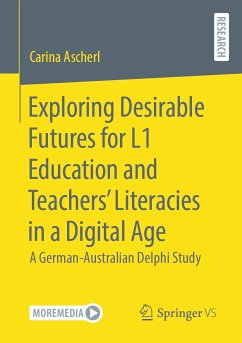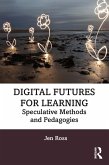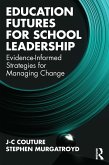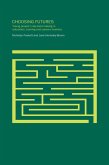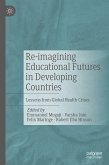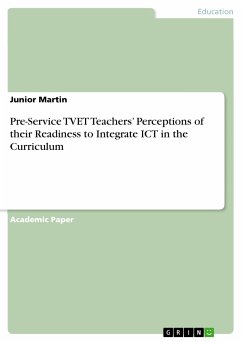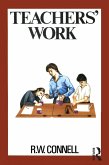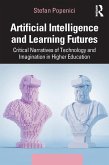Rapidly evolving digital technologies are reciprocally linked to the way people think, learn, generate knowledge, create, communicate, and collaborate in the digital age. These media-communicative and related sociocultural changes must be acknowledged in the educational context. The aim of the present study is, from a transnational perspective, to investigate experts' anticipated L1 education futures in 2030 and teachers' literacies deemed necessary in this context. The research aims are addressed through an exploratory sequential mixed methods research design reflected in the application of a three-round modified Delphi study. The panel is drawn from individuals who are considered experts at the intersection of (L1) education and digitalisation and are selected on their theoretical or applied expertise and their interest in the issue under investigation. It becomes clear that the experts emphasised the need for transformations regarding traditional structures, practices, and processesof teaching and learning by 2030, specifically given contemporary practices and forms of learning, thinking, and working in the digital age.
About the author
Carina Ascherl worked as a research assistant at the Chair of German Language Education at the Ludwig-Maximilians-University in Munich. Since September 2021, the author has been in teaching service at an elementary school in Munich.
Dieser Download kann aus rechtlichen Gründen nur mit Rechnungsadresse in A, B, BG, CY, CZ, D, DK, EW, E, FIN, F, GR, HR, H, IRL, I, LT, L, LR, M, NL, PL, P, R, S, SLO, SK ausgeliefert werden.

